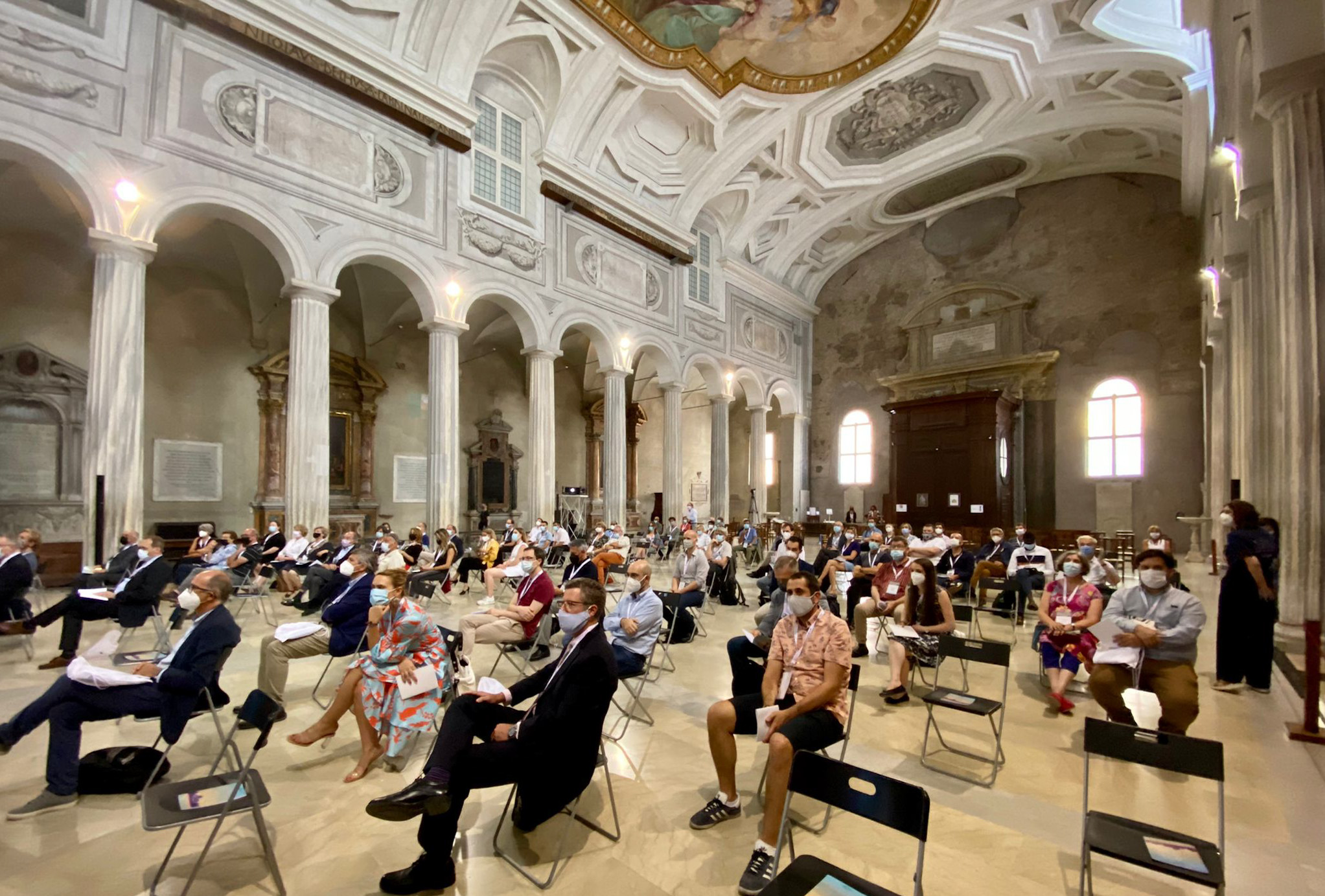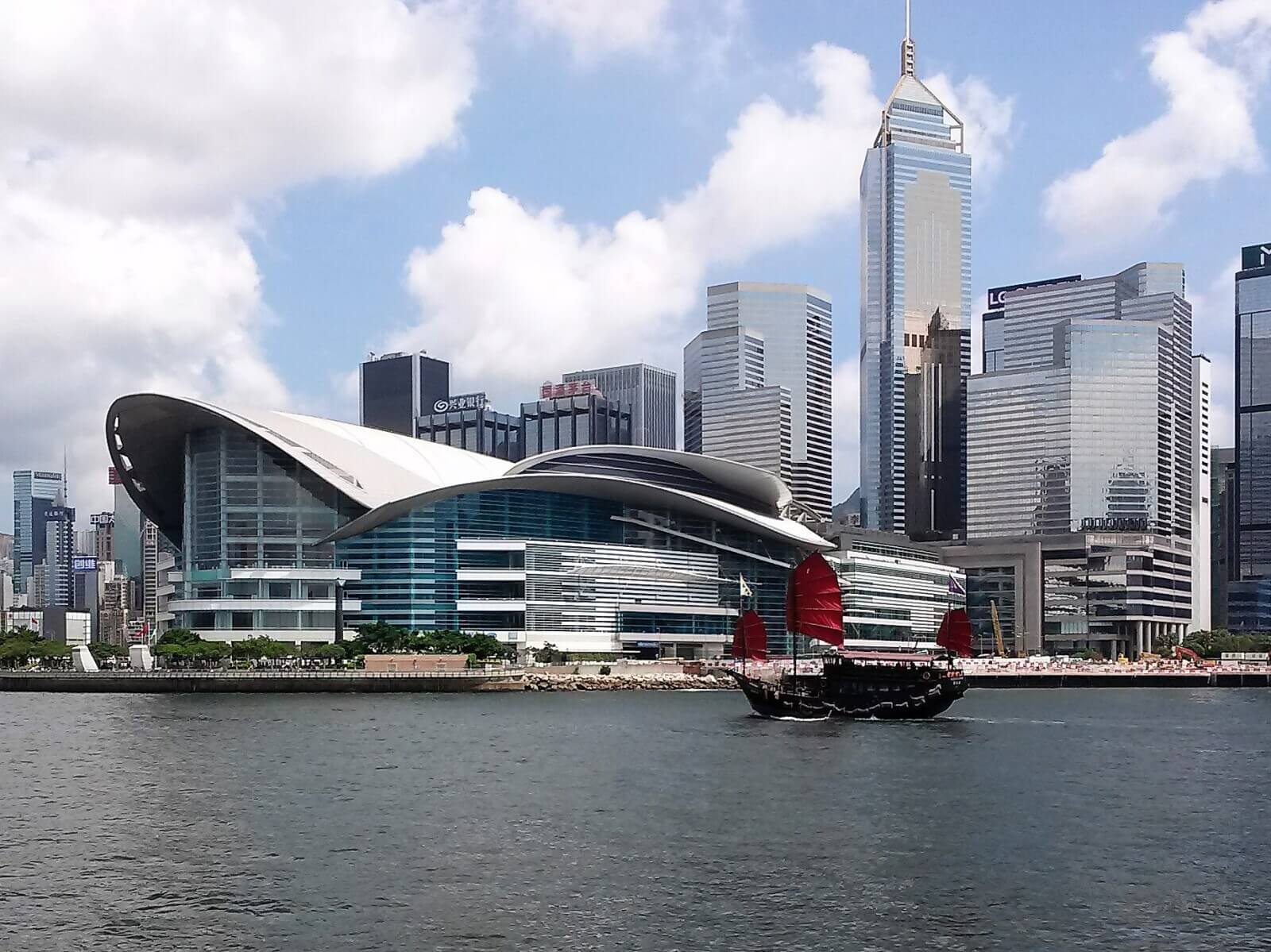Positioning green initiatives as an integral component of an organisation’s Corporate Social Responsibility (CSR) policy can add a highly demonstrable and visible element to its public profile. While the installation of a balanced CSR commitment within an organisation’s suite of policies will project a contemporary and caring approach to issues beyond bottom line profit and performance, directing how the actual initiatives will permeate through all corporate activities can present challenges.

Internally focused events such as incentive rewards and elaborate conferences can attract consumer criticism when balanced against shareholder returns and can possibly result in image-tarnishing public backlash. In effect, all eyes are on the corporates and their behaviour is being constantly monitored by a hungry pack of consumer watchdogs.
Whether the inclusion of “green” initiatives is employed merely as an adjunct to a corporate marketing strategy or whether the organisation has a genuine concern for environmental issues is a matter for discussion. What remains clear is that organisations which fail to demonstrate a visible expression of their concern for the planet and its inhabitants, do so at their own risk.
What is a green initiative?
Green initiatives employed in corporate events are determined by several factors and endeavour to enforce sustainability practices. They strive to:
• Manage or obviate environmental risk
• Ensure compliance to acceptable standards
• Reduce, or at least measure, carbon footprint, and
• Engage community relationships
By applying these criteria, the selection of specific green initiatives will be based on their relation to the organisation’s ideals and philosophy. For even the most thinly veiled policy, the visibility of the initiatives’ effects will be highly prized.
The “hot button” in environmental care from a corporate perspective is carbon reduction, and many organisers strive for a carbon-neutral event outcome. By staging an event at a venue that has a strict adherence policy to carbon reduction, much of the work in determining carbon greenhouse emissions is done for the planner. Many venues have created carbon calculators whereby planners can determine the direct and indirect carbon emissions generated and, thus, install practices which will quantifiably reduce their event’s carbon footprint.
Creating a positive convention
Within the APAC region, Australian convention centres clearly lead the way in celebrating their environmental commitment and its relation to client activities. Centres in the US also publicise a solid commitment.
A quick scan of convention centre websites from Hong Kong and Singapore to Bangkok, Manila or Ho Chi Minh City will struggle to unearth any public statement relating to green initiatives for events. However, in Australia, convention centres in Melbourne, Cairns, Brisbane, Adelaide, Sydney and Perth all proudly feature statements of the work they have done – and continue to do – with their customers in the field of green initiatives.
Back in Asia, the Kuala Lumpur Convention Centre (KLCC) does actively practise and promote green initiatives. The KLCC’s general manager Peter Brokenshire and his team work closely with event planners to adopt a more “green” approach to the staging of their events. “We have developed rules and regulations that require organisers and their sub-contractors to act responsibly when building up and removing exhibitions. One of the first initiatives to be introduced was the 3Rs Campaign (Reduce, Reuse and Recycle) in 2006 to encourage staff and visitors alike to reduce wastage, reuse and recycle where possible,” he says.
“In addition to waste management, measures were also put in place to improve on energy savings by fine-tuning the current systems, such as lighting control, to better match the building’s operations,” Brokenshire continues. Demonstrating more than tokenism, the KLCC has invested heavily (US$60 million) in retrofitting an improved and more energy-efficient lighting system throughout its five exhibition halls, showing clients that carbon emissions, and therefore potential negative effects on global warming as a result of their conference, have been minimised.
Evidence that the KLCC has a strong commitment to the environment is further demonstrated in its support of the Malaysia Convention & Exhibition Bureau’s “Let’s Meet & Green” programme, whereby international delegates attending business tourism events at the KLCC can contribute a minimum of US$10 as part of their event registration towards FRIM’s (Forest Research Institute of Malaysia) tree-planting programme.
Hotels take the lead
Like convention centres, hotel chains have been keen to adjust their operations to accommodate green initiatives, the effects of which will also be enjoyed by their clients.
Accor recently unveiled its Carbon Optimiser, a sophisticated tool designed to measure and effectively cut the carbon footprint generated by its clients’ events. The launch of the Carbon Optimiser tool is part of Accor’s broader sustainable development programme, known as PLANET 21.
According to Accor senior management, the Carbon Optimiser is interactive and user-friendly. It combines a comprehensive set of variables, including the number of participants and room nights, the length of the event, the size of meeting rooms and the energy mix in the host country. It also factors in the impact of food services with the type of food, and whether meals are delivered buffet style or table-served.
Ludovic Dupont, Accor vice-president of Travel Agencies – Meetings & Events, maintains: “Sustainable development is an opportunity for our customers and a decisive competitive advantage for our brands, in every country. I am convinced that our commitment creates the sort of perception that nurtures customer trust and loyalty to Accor.”
Accor’s Carbon Optimiser formula takes into account indirect emissions associated with organising seminars and programmes. Waste treatment, paper and especially food, which is a substantial source of carbon emissions, are all factored into the equation, allowing clients to make decisions based on their carbon footprint and adopt options which match their own organisation’s ideals.
Interestingly, Accor’s delivery of the Carbon Optimiser was in response to its clients’ expectations. The hotel giant ran a survey last year which revealed that 84 per cent of its business clients are sensitive to sustainable development with 57 per cent of respondents saying sustainable development is a factor in their selection of a hotel.
Such corporate awareness and ethical aspirations are not surprising, and matching client expectations and needs is reason enough for organisations such as Accor to develop their PLANET 21 strategy. Sophie Flak, Accor executive vice-president for Academies and Sustainable Development, explains: “The ambition of PLANET 21 is to involve more of our customers in our continuous-improvement drive on the sustainable development front. It will allow us to work with our professional customers on sustainable offers for meetings and seminars in our hotels.”
Aligning the spirit and intentions of an event such as a conference or incentive reward programme with the host organisation’s CSR policy can be a key to securing management approval for an event which may otherwise struggle to justify the spend. However, in some parts of the world, awareness of the intrinsic value of a well-thought-through CSR policy is minimal.
Spreading the message
Agnes Loh, Manager of Operations for Sunway Travel Group in Malaysia, sees a pattern emerging among her clients. “I believe there needs to be more education around the issue of environmental care and how the staging of any sort of event can impact our planet. People understand the benefits of recycling, but when it comes to adopting more sophisticated green practices, there is still a long way to go.
“The concept of carbon footprints and offsets is still in its infancy here in Malaysia from a client perspective, but once we demonstrate to our clients that they can ‘do their bit’ to save the planet by adopting certain practices, they happily jump on board.”
Loh notes that more companies are making environmentally friendly requests, such as: no shark’s-fin soup, no bottled water, no paper handouts or writing materials, walking where possible for transfers, fixed room temperatures, etc. “I believe those requests match the corporate philosophy of their individual companies. It’s encouraging to see and we work closely to make sure their requests are met and where possible, extended.
“Those clients with an appreciation for green initiatives will ask us to recommend certain venues and suppliers who have a similar corporate policy and belief,” she adds.
Employing sustainable practices in the events industry is more than just a trend. Organisations that avoid corporate rhetoric and demonstrate a genuine commitment to their CSR will be rewarded in many ways – not the least of which is the knowledge that harmful impacts on the planet will be reduced by their efforts.
FROM THE MAN WHO KNOWS

Peter Brokenshire’s recommendations:
• Use online promotion and registration to reduce dependence on paper
• Procure local produce in the food and beverage offer to decrease imports
• Avoid throwaway cups, glasses, plates and table coverings – use cloths and napkins
• Reduce packaging – serve condiments such as cream, sugar and ketchup in bowls rather than individually packaged
• Plan your food service needs carefully to avoid unnecessary wastage and composting, or donate excess food to charitable organisations
• Choose public transportation and provide route maps
• Provide a shuttle service from public transit stops or hotels to the event site
• Offer green lodging options and provide a map
• Provide participants with the opportunity to offset carbon impact associated with their air travel and hotel stays
• Recommend airline carriers that have an environmental policy
• Ensure the event is within walking distance of lodging, restaurants, local attractions, etc
• Use vehicles that run on bio-fuel or natural gas if transportation is arranged for participants
TOP TIPS
Being “Green” doesn’t have to cost a pile of greenbacks. Incorporating green practices into an event doesn’t necessarily have to mean more expense. Take note of the following tips:
• Use jugs of water instead of plastic bottles
• Choose a menu with sustainable food rather than beef or endangered seafood
• Keep the conference room temperature either a little warmer or cooler than normal (depending on your climate)
• Scrap the paper and pens (delegates either have their own or will take notes electronically)
• Use electronic transfer of data (notes, handouts, etc) rather
than print
• Offer carbon offsets
• Go with conference organisers that have access to an iPhone or Android App for conference programmes
Kevin Moloney


